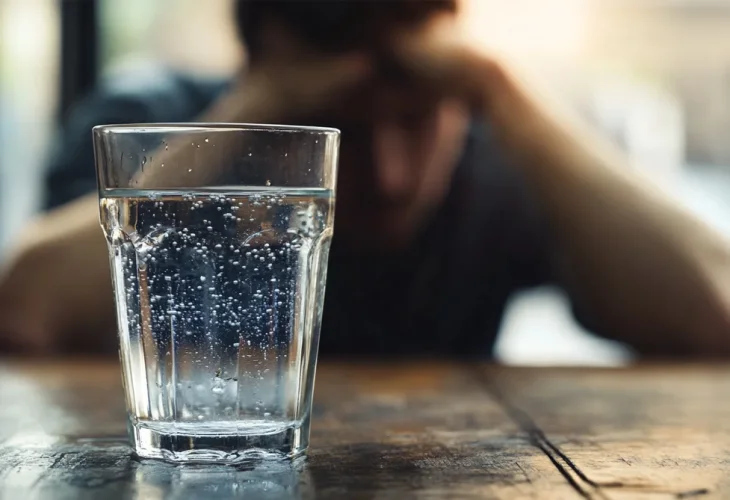Health and Nutrition
Constant Thirst? What It Really Means and When to See a Doctor
Understand the common and hidden causes of excessive thirst: From dehydration to diabetes and more

Constant thirst may be more than just a need for hydration — it can be a sign of an underlying medical condition that requires attention. An article on WebMD explores several possible reasons why you might feel unusually thirsty.
1. Dehydration: The Most Common Cause
The most frequent cause of excessive thirst is dehydration — when your body loses more fluids than it takes in. This can happen due to exercise, diarrhea, vomiting, or excessive sweating. Other common symptoms of dehydration include:
Dark urine
Fatigue
Dizziness
Dry mouth
2. Diabetes: A Key Warning Sign
Excessive thirst (polydipsia) can be an early warning sign of diabetes. When blood sugar levels are too high, the kidneys try to flush out the excess sugar through urine, which leads to fluid loss and dehydration. Other symptoms of diabetes may include:
Blurred vision
Increased fatigue
Excessive hunger
Irritability
Bad breath
Slow-healing wounds
3. Diabetes Insipidus: A Rare Condition
Another possible, but rare condition is diabetes insipidus, which is unrelated to regular diabetes. In this case, the body doesn’t produce enough of the hormone that regulates water balance. This results in extreme thirst and frequent urination.
4. Dry Mouth (Xerostomia)
Lack of saliva can make you feel thirsty. Causes include:
Certain medications
Medical treatments
Sjögren’s syndrome
Nerve damage
Smoking
Additional symptoms may involve:
Bad breath
Altered taste
Gum irritation
5. Other Possible Causes
Several other factors can also trigger excessive thirst, including:
Spicy or salty foods
Heavy bleeding
Certain medications (like diuretics or anticholinergics)
Overactive thyroid (hyperthyroidism)
A rare condition known as psychogenic polydipsia, where a person feels compelled to drink water even without a physiological need
When to See a Doctor
If you’re experiencing persistent thirst, especially at night or without an obvious cause, it’s best to consult a doctor for a proper medical evaluation. Identifying the underlying issue early can help prevent complications and ensure better overall health.

